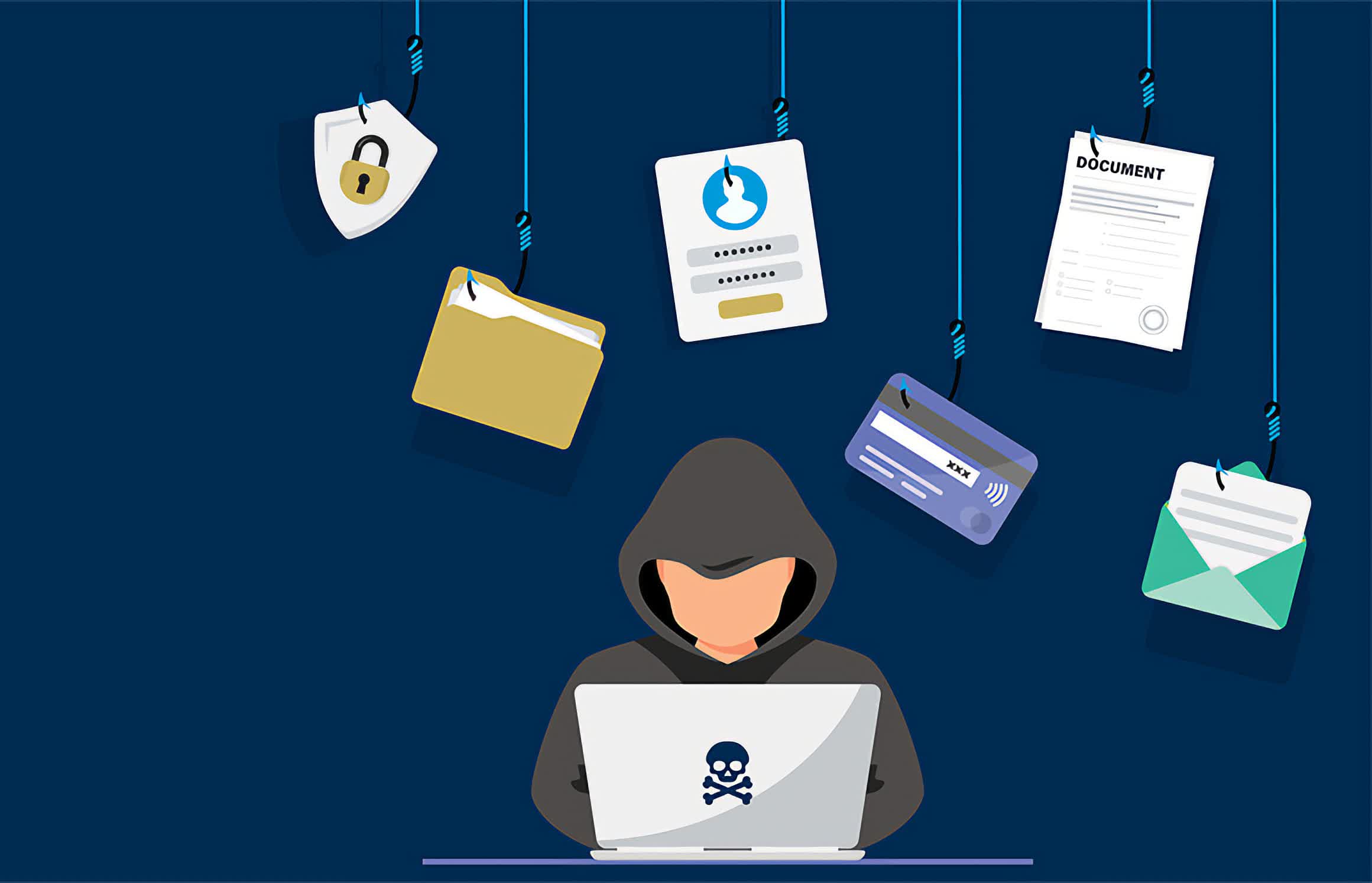
Senior citizens are often labeled as being the most vulnerable targets for fraudsters but new research from Microsoft challenges that preconceived notion.
As part of National Cyber Security Awareness Month, Microsoft conducted a global survey in which it found that a staggering two out of three people have experienced a tech support scam in the last 12 months. If you haven't experienced such a scam yet, chances are you know someone who has.
Of those surveyed, one in five continued with a potentially fraudulent interaction after first being contacted. What this means is that 20 percent of people visited a malicious website, downloaded dangerous software, gave a scammer remote access to their device or provided them with credit card information.
Here's where things get interesting. Of those that continued with a fraudulent interaction, only 17 percent were older than 55 while 34 percent were between the ages of 36 and 54. Surprisingly enough, half of millennials - those between the ages of 18 and 34 - continued with a fraudulent interaction.
The reason that more millennials are falling victim to tech support scams is directly related to the evolving tactics used by fraudsters. Whereas most scams used to originate from phone calls, fraudsters these days are leveraging pop-ups, unsolicited e-mails and scam websites as entry points.
Regardless of the method used to snare victims, the goal of tech support scams remains the same - use fear and deception to convince a user that they need help, obtain remote access to the user's device and provide a phony sales pitch to convince victims to fork over money for unnecessary services.